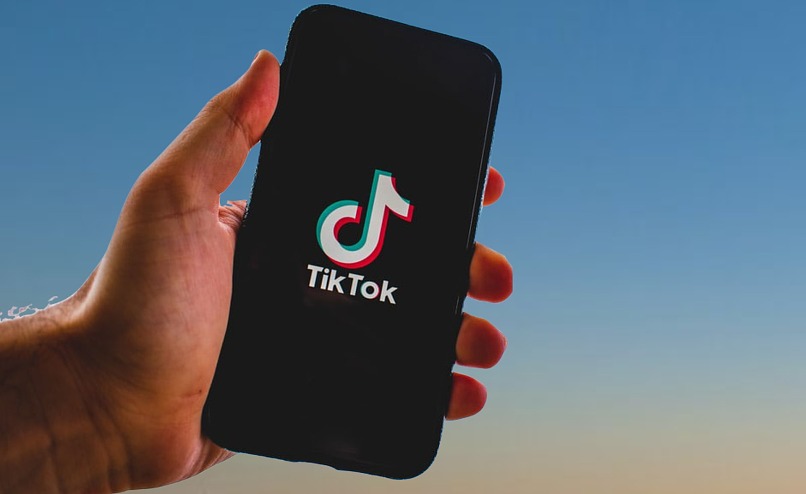Canada Bans TikTok on Government Devices

Canada has become the latest country to ban TikTok, the popular China-based social media app, on all government-issued devices.
On Monday, February 27th, the President of the Treasury Board, Mona Fortier, issued a statement alleging that TikTok "presents an unacceptable level of risk to privacy and security." This decision has been prompted by concerns that user data of Canadian politicians could be shared with the Chinese government.
A TikTok spokesperson, in an email to TechCrunch, pointed out how "curious" it was that this decision came "only after similar bans were introduced in the EU and the US". They alleged that the Canadian government never reached out to TikTok to express any specific concerns or questions, and went on to say that the company was always available to meet with government officials to discuss a shared goal of protecting the privacy and security of Canadians. The spokesperson also noted that singling out TikTok does not contribute to achieving that goal.
Last week, February 23rd, the European Commission (EC) requested all staff to remove TikTok from their corporate devices, stating that the "measure aims to protect the Commission against cybersecurity threats and actions which may be exploited for cyberattacks".
In December, the US Senate unanimously passed a bill prohibiting federal employees from using TikTok on government-owned devices. The move was part of a broader effort by US lawmakers to address national security concerns regarding Chinese companies potentially using their products to spy on Americans.
ByteDance, TikTok's parent company, has proposed a $1.5 billion restructure of its American business to offer more transparency over its proprietary algorithm and even allow for some government oversight. However, the Biden administration has yet to make a decision.
While there is little evidence to suggest that TikTok will be banned nationally in Canada, the US or any European market soon, the app is facing increasing scrutiny, and it remains to be seen how far the bans will extend.



Please, comment on how to improve this article. Your feedback matters!